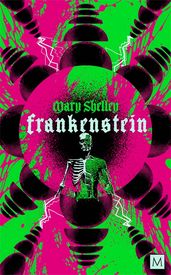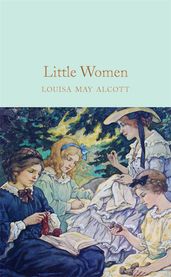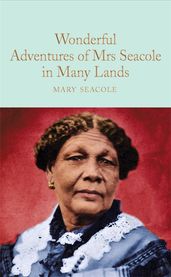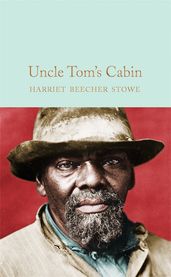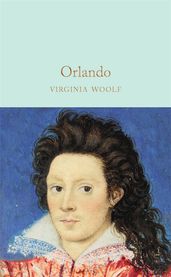Trailblazing women writers: authors who broke the mould
These pioneering female writers railed against the social norms of their times and their work still inspires and resonates today.
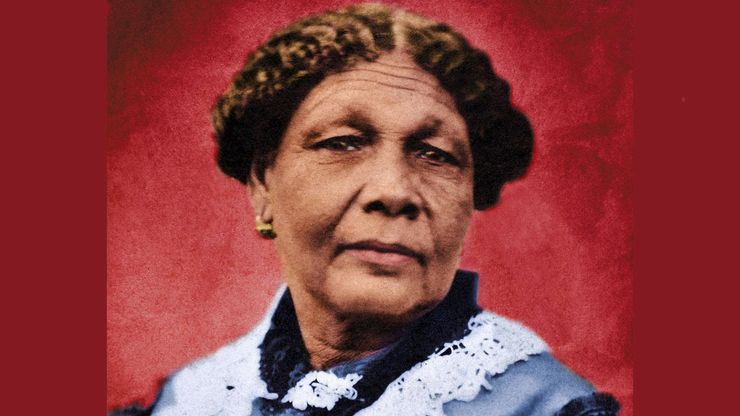
Women have long fought against the constraints of their era to create great literature. Mary Shelley and Louisa May Alcott broke the mould of what was expected of Victorian women, while Mary Seacole was both a pioneer of nursing and the first black woman in Britain to publish an autobiography. Harriet Beecher Stowe was a staunch abolitionist whose bestselling novel helped popularize the anti-slavery cause, and Virginia Woolf ruptured the concept of ‘womanhood’ with the gender-fluid protagonist of Orlando. Here’s the lowdown on these five wonderful women.
Mary Shelley
Mary Shelley was the daughter of Mary Wollstonecraft, feminist philosopher and author of A Vindication the of Rights of Women, so it’s no wonder she refused to be constrained by the Victorian norms. Reading her mother’s books from a very early age gave Mary a kick start in education that other girls in the era were deprived of. Mary was bold and determined from a young age, and at seventeen secretly left home for France where she eloped with Percy Shelley, a married, radically liberal poet whose wife was pregnant with his first child. Their unconventional relationship is detailed in journals which also document the conception of Mary’s masterpiece, Frankenstein.
This gothic novel was the result of a competition between Mary, Percy and Lord Byron to see who could write the best ghost story. While immediately after her death Mary was remembered mainly as Percy Shelley’s wife, she is now recognized as a major figure of the Romantic movement, and Frankenstein has been described as the first science fiction novel: truly groundbreaking.
Frankenstein
by Mary Shelley
This gothic masterpiece is the story of brilliant but wayward scientist Victor Frankenstein and the creature he creates and then abandons in horror. As the hideous creation learns about the world around him he is continually rejected, leading him to eventually take revenge on his creator.
Louisa May Alcott
father was a transcendentalist, meaning he believed in self-reliance and the goodness of nature. He was not though a great financial support to his family. The sacrifice Louisa’s mother made to bring up the family was not recognised by her father, and Louisa grew up with the desire to address the wrongs done to women. She was a huge advocate of both women’s suffrage and abolition – she became the first woman to register to vote in Concord, she was a founder of the Women's Educational and Industrial Union in Boston and her family were station masters for the Underground Railroad. The courageous heroines of her world-famous novel Little Women have inspired generations of readers.
Little Women
by Louisa May Alcott
This classic novel is the story of the March sisters – Jo, Beth, Meg and Amy – as they come of age under the care of their impoverished but much loved Marmee while their father serves as a chaplain in the Civil War. This beautiful edition includes the sequel Good Wives, which picks up the sisters’ stories three years on.
Mary Seacole
was the daughter of a Scottish army lieutenant and a free Jamaican nurse who ran Blundell Hall, a boarding house in Kingston. Mary was proud of her Jamaican and Scottish roots, and army connections allowed her to combine the knowledge of military doctors with her mother’s herbal remedies. When the Crimean War broke out she was keen to offer her services, but was refused official support. Undaunted, she set up a famous hotel for British soldiers which offered welcome respite from the frontline. Wonderful Adventures of Mrs Seacole in Many Lands is her autobiography.
Wonderful Adventures of Mrs Seacole in Many Lands
by Mary Seacole
This is the entertaining biography of Mary Seacole – nurse, entrepreneur and world traveller. Mary travelled from her native Jamaica to England, and once she arrived she was keen to offer her services to English troops fighting in the Crimea War. Although she was refused official support, she nevertheless set up her famous hotel for British soldiers and tended to the wounded.
Harriet Beecher Stowe
was one of eleven children brought up by a Calvinist preacher father. Her older sister ran the Hartford Female Seminary which gave Harriet the rare opportunity of an academic education. The family moved to Cincinnati, Ohio where they came into contact with many escaped slaves and Irish immigrants competing for jobs in the shipping business. Harriet played an active role in a series of debates between colonists and abolitionists and also supported the Underground Railroad by housing fugitive slaves. Losing her eighteen-month-old son inspired her to write about the issues of slavery, resulting in her famous novel Uncle Tom’s Cabin. It was the bestselling novel of the 19th century, and the story depicting the realities of slavery is credited with helping fuel support for the abolitionist movement.
Uncle Tom's Cabin
by Harriet Beecher Stowe
When a Kentucky farmer is forced to sell his slaves, Uncle Tom is bought by a brutal plantation owner. The novel paints a horrifying picture of plantation labour as Tom fights for his freedom and his life. This incredibly influential novel brought the evils of slavery to the hearts and minds of the American people.
Virginia Woolf
was born into a wealthy South Kensington household where the boys were sent to college and the girls were homeschooled. Her mother died when she was thirteen, followed by her half sister a few years later, which contributed to Woolf’s mental illness. She later studied Classics and History at King’s College London where she became involved in the women’s rights movement. When Woolf’s father died, the family moved to Bloomsbury and formed the Bloomsbury Group with other intellectuals. It was here that Woolf met Vita Sackville West, who became her lover and inspired Woolf to write Orlando, a faux biography about the titular character who one day wakes to find they have changed from a man to a woman.
Orlando
by Virginia Woolf
Orlando is a young Elizabethan nobleman whose wealth and status afford him an extravagant lifestyle. Appointed ambassador in Constantinople, he wakes one morning to find he is a woman. Unperturbed by such a dramatic transformation, and losing none of his flamboyance and ambition, the newly female Orlando charges through life and English history so that by the end of this extraordinary biography she is a modern 1920s woman.
Discover more powerful voices in feminist literature
